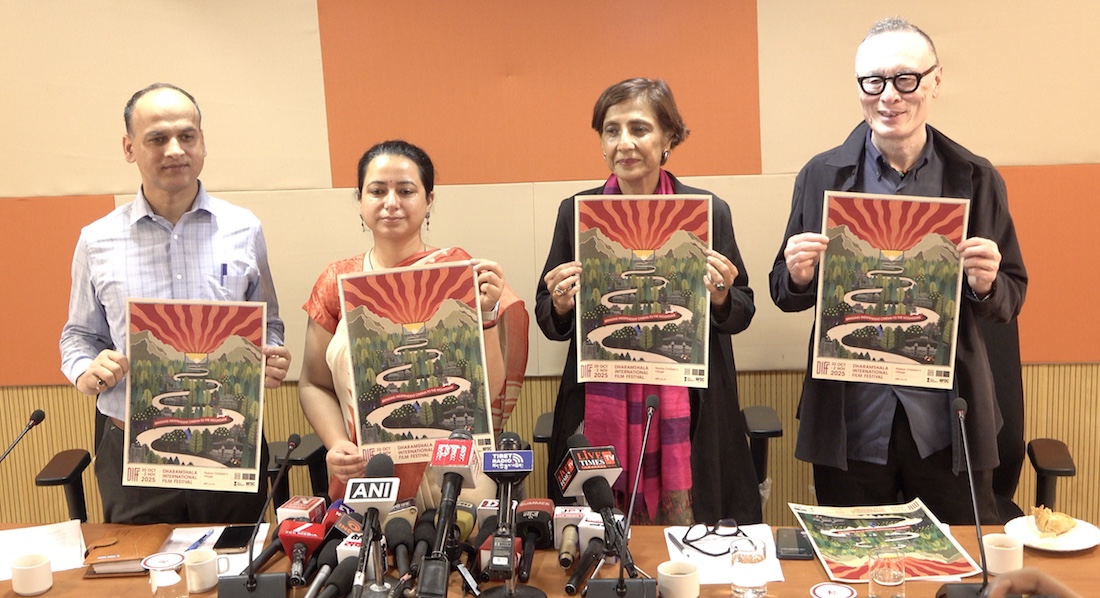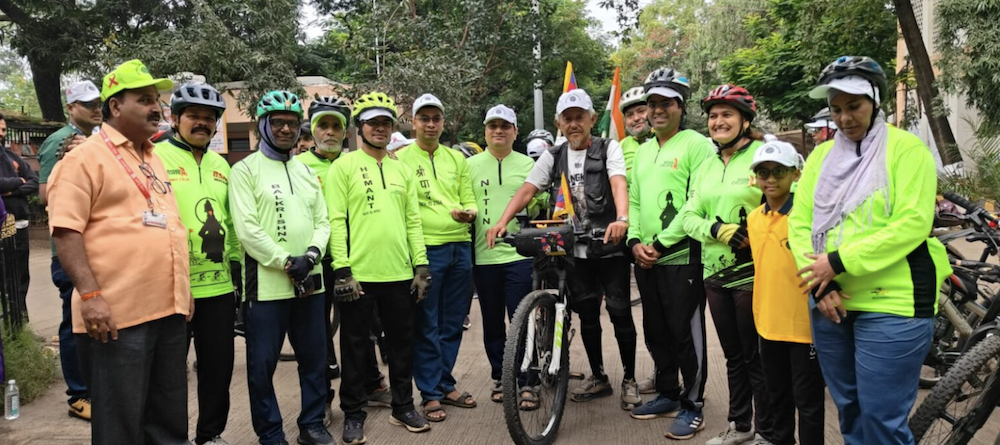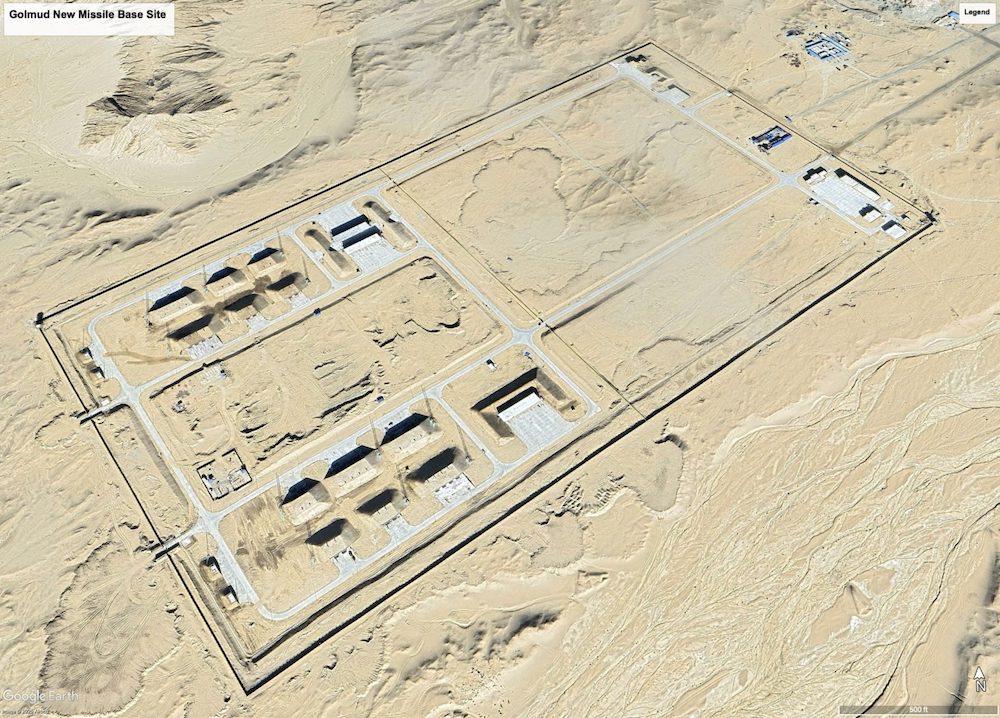BEIJING – Two groups listed by China as ”terrorist” organizations denounced the move on Tuesday as a politically motivated act unfairly targeting Muslims, while human rights activists said peaceful dissenters were being scapegoated.
“Terrorism and requesting political freedom are two different matters. We don’t spread terrorism. We advocate political freedom,” Dilxat Raxit, who represents the East Turkistan Information Center (ETIC) and World Uighur Youth Congress (WUYC), told AFP from his home in Sweden.
The groups were among four included on China’s first publicized list of “terrorist” organizations, along with 11 Uighur Muslims living abroad whom it identified Monday as trying to create an independent Islamic state called East Turkistan in its northwestern Xinjiang region.
Raxit argued the Turkish-speaking Uighurs have the right to advocate separatism.
“Look at Canada’s Quebec. They have people calling for independence, but the government there doesn’t call them terrorists,” he said.
China’s list appears to be an attempt to sway public opinion and enroll international support in repressing Uighur dissenters, said Nicholas Becquelin, research director at Human Rights in China’s Hong Kong office and a specialist on Xinjiang.
“Two of the groups (the ETIC and WUYC) are very obviously organizations that do not sanction terrorism,” Becquelin said.
“There’s no distinction between individuals and groups who endorse acts of violence and those who do nothing but use their legitimate right to express discontent.”
He questioned the accuracy of China’s information, saying even for the two groups, which might have committed violent activities, allegations could not be independently verified.
The groups identified are the Eastern Turkistan Islamic Movement (ETIM) and the Eastern Turkistan Liberation Organization (ETLO).
They were not immediately available for comment.
China claims the groups have long plotted or carried out bombings, assassinations and other violence in Xinjiang, elsewhere in China or in neighboring Central Asian countries.
But contrary to the impression Beijing is trying to create that it faces a serious terrorist threat in Xinjiang, violent activities have not increased since the September 11, 2001 attacks in the United States, Becquelin said, noting China documented few recent incidents.
“I wouldn’t say there’s a radicalization of Uighur groups. … It’s the opposite,” he said.
Following September 11, China stepped up its crackdown on activities viewed as opposing authority, carrying out police sweeps and launching “Strike Hard” anti-crime campaigns targeting separatists.
“It’s fair to say the Uighur population in Xinjiang live in permanent fear of Chinese authorities’ repression,” Becquelin said. ”There’s certainly more fear of arbitrary arrests.”
Some of the groups are headquartered in Turkey and Germany and have chapters in Europe, Asia and the United States, and China called for international assistance to hunt them down and wipe them out.
Raxit said while he could not speak for the two groups he does not belong to, he denied that those he does belong to condoned violence.
“These two organizations are both legally registered in Germany and their activities are all within the laws of Germany,” Raxit said.
He accused China of applying a double standard towards Muslims.
“The Chinese government can’t consider all opposition as terrorists. If they do, then why don’t they consider Tibetan separatists and Falungong members terrorists?” he asked.
Raxit and Becquelin agreed that China’s suppression of Uighurs threatens to breed further discontent.









